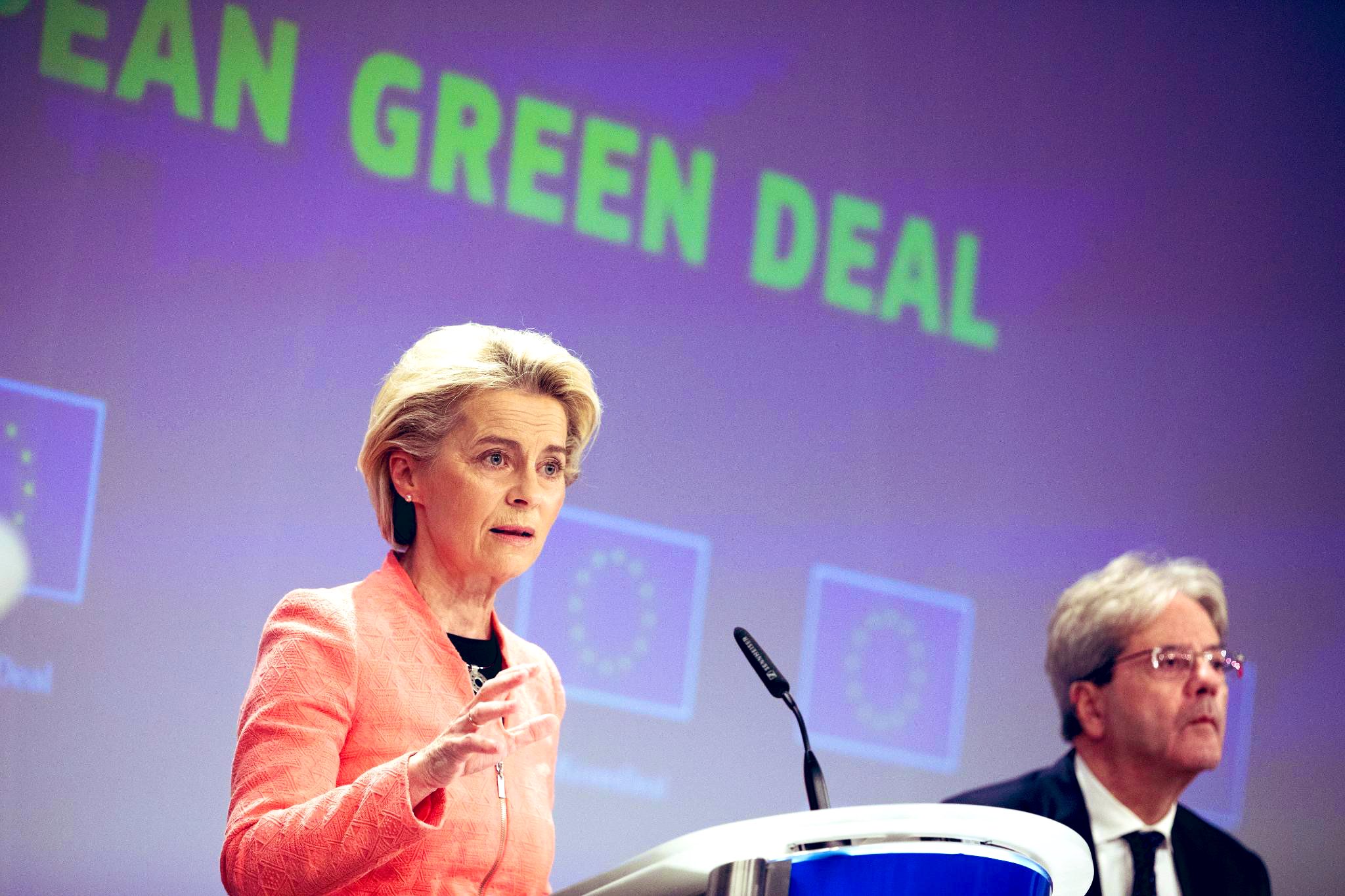Who supports and who does not support the new EU plan on renewables

The European Parliament has raised the minimum share of energy from renewable sources to 42.5% by 2030. Here's what the decision will mean for the citizens of the Union. Sergio Giraldo's in-depth analysis
The European Parliament nails the citizens of the 27 member states to solar panels and wind turbines and sets the minimum target share of energy from renewable sources by 2030 at 42.5% of consumption, with a true objective of 45%. In the previous version this value was set at 32%. The directive passed with 470 votes in favor, 120 against and 40 abstentions. The Left, Greens, Renew and the European People's Party (EPP, of which Forza Italia is part) voted in favor en masse. Against Identity and Democracy (ID), of which the League appears, and Conservatives and Reformists (ECR). The four Italian parliamentarians of Fratelli d'Italia, who are part of the ECR group, dissociated themselves from the group and did not vote against, but rather abstained. An interesting political fact also at the national level.
WHAT THE RENEWABLES DIRECTIVE PROVIDES
In addition to having raised the target of energy from renewable sources, the directive provides for the streamlining of procedures for granting permits for new renewable energy plants, such as solar panels and wind farms, or for the adaptation of existing ones. National authorities will not be able to take more than 12 months to authorize the construction of new renewable energy plants located in so-called "renewable energy reference areas". Outside these areas, the procedure cannot exceed 24 months. In fact, silent consent is introduced.
THE POSITIONS OF PPE AND ID
“We have raised our renewable energy targets. Based on the principle of "silent consent", investments will be considered approved in the absence of administrative evidence to the contrary. We now urgently need a reform of the EU electricity market,” said rapporteur, Markus Pieper (EPP, Germany). To enter into force, the text will now have to be formally adopted by the Council.
The vote in the plenary session in Strasbourg confirmed the agreement that had already been reached last March between Parliament and the Council, in what seemed to be a political season destined to be archived. Instead, here is the final blow of the Ursula majority, one of many that we will witness between now and January, in the period preceding the electoral campaign and the elections in June. The European People's Party (EPP), which shortly before the summer had moved to critical positions with respect to the more extremist demands of the greens and the left, instead voted unanimously in favor of the new version of the RED III directive, i.e. the updating of the previous directives that have settled over the years to regulate the renewable energy sector.
“Timelines and objectives are difficult to achieve. States are obliged to increase the consumption of renewables by more than 10% in a few years, with another piece of the Green Deal approved by the Plenary without asking too many questions: it is difficult to think of a non-traumatic transition to electric cars with the obligation of generate 42.5% of a country's energy from renewables" commented Paolo Borchia, League MEP and coordinator of Identity and Democracy (ID) in the Committee for Industry, Research and Energy (ITRE). According to ID's shadow rapporteur, the only good thing about the measure lies in the streamlining of the procedures for authorizing plants.
The same point on which the declarations of Patrizia Toia, MEP of the Democratic Party and vice-president of the Industry Commission in the European Parliament focus: "The acceleration of authorization procedures for renewable energy projects is the great news, essential to promote decarbonisation . But equally important are the signs of a new European industrial policy." Toia, however, makes no mention of the numerical objectives, which for some countries of the Union risk being prohibitive and which for all will be very costly.
For Italy, in 2022 the share of renewable production on total consumption was 34% (100 terawatt hours out of 295 consumption). With the same consumption, Italian renewable production will therefore have to grow by 25% in six years. It is clear, however, that such an objective can also be achieved by decreasing consumption, not just by increasing green production.
Having sensed the reluctance of voters to meekly follow the costly and useless (if not harmful) European policies on the environment and energy, apparently, is not enough for the EPP, which seems intent on carrying forward the green agenda at the cost of crashing at the polls .
Moreover, it was the same EPP group leader in the European Parliament, Manfred Weber, a few days ago in an interview with Corriere della Sera , who claimed the fact that his party supported thirty-two of the thirty-four measures that are part of the European Green Deal . It is therefore difficult to distance ourselves from such an obvious responsibility. The votes against in the Cesarini area on two measures (law on the restoration of nature and the ban on internal combustion engines) will certainly not be enough to make us forget the regulations and directives that will penalize economic growth, lower the value of houses and empty voters' pockets.
This is a machine translation from Italian language of a post published on Start Magazine at the URL https://www.startmag.it/energia/ue-obiettivo-rinnovabili-2030-conseguenze/ on Fri, 29 Sep 2023 05:43:04 +0000.
